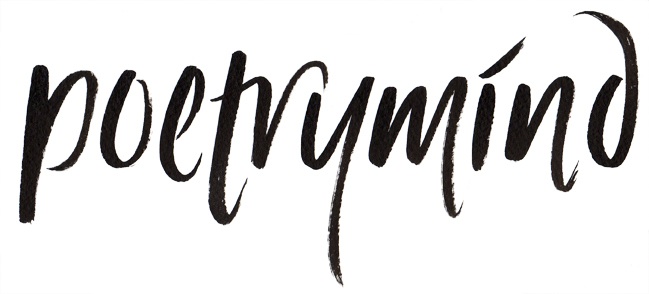
At last a response to the misbegotten rankings of MFA programs with David Fenza’s bold message on behalf of AWP (Associated Writing Programs). While I abhor at times the madhouse frenzy of AWP’s annual writers conference (anticipating 10,000 attendees in 2011), nonetheless, I appreciate AWP’s dedicated pursuit of professional standards for creative writing programs. Like any organization, it has its strengths and weaknesses. Some years ago, I called David asking him to arbitrate a faculty dispute in my MFA program. His response, off the record, was to initiate fair equity practices in hiring—unusual among low-residency MFA programs. He got right to the point about nepotism –friends of friends was no way to run a program.
Fenza’s message in AWP’s most recent missive reminds me of Evans Pritchard, the renowned anthropologist, who once said about studying the Nuer—Cherche la Vache—In this case, look to the faculty. In regard to the culture of creative writing programs today, he encourages prospective students shopping for a program that meets their needs to look to the faculty, not the rankings (which do not consider faculty). And I agree with his raw assessment that such rankings are to writing programs what pornography is to love. You might get off initially but how good is it really. They also promote a ‘cash cow’ industry in academia for a few schools but leave many others worthy of consideration bereft of applicants or scrambling for an increased advertising budget.
As in any endeavor it serves us well to land in an environment where we are loved for whom we are, not what we aspire to be. If going to the #1 or the top-rated five schools, for that matter, means a lot to you, then by all means go for it. Once while I was working for the late poet Allen Ginsberg, I visited him at Lenox hospital after his gall bladder operation. While I was there, Robert Frank, the photographer stopped by. Allen launched into extravagant praise about his ‘great’ doctor. I’ll never forget Robert’s chuckling response—something along the lines I guess we’re all invested in thinking our doctor is “great.” Allen ‘s response was: “But my doctor loves me.” Faculty need not love their students but they certainly need to care about them. The relationship between mentor and student is psychologically sensitive as the act of writing carries a high degree of exposure of one's inner life. Try to land yourself where you and your aesthetic are appreciated, otherwise, as Fenza points out, you could be miserable. The illusion of being part of ‘greatness’ according to external criteria such as rankings (we're the best of the best) might very well be an unfulfilled waste of money. Sadly, the urge to rub up against greatness more often than not perpetuates a hungry ghost realm of forever seeking endorsement but rarely being sustained by it.
I can’t speak much for fiction or non-fiction writers but over 30 years working with poets—some famous others obscure-- what comes to mind is the primacy of community. MFA programs might lead to quantifiable success for some—prizes, publication, teaching jobs. For everyone MFA programs always offer some kind of community. So it’s also useful for prospective students to investigate the creative writing community one is applying to; some are riddled with competitiveness and toxic academic politics, while others are supportive, meeting the individual needs of their students. Some favor their “stars,” others are more egalitarian. There is something for everyone. And as Fenza points out, the burden of choosing a program should focus on the investigative skills of the individual writer, not on subjective rankings.
The hallmark of faculty/mentor excellence, in my experience, resides in their ability to enter into the students’ work in an unbiased way and to provide students guidance to achieve intended goals in their writing. Sometimes the last horse becomes the best horse. Good faculty know this. Over the years, I’ve seen some of the best students who are brilliant poets never go beyond that initial blaze. And then too, I’ve seen some rather hard-working graduates set forth on a path to launch themselves into the world community of writers by curating reading series, founding literary journals and small presses, engaging in guerrilla publishing and ultimately “arriving” as established poets. Ambition may be a great motivation for productivity but if misplaced can lead to unscrupulous endorsement of the dark side or “selling out,” in my generation’s nomenclature. Isn’t it better to get published or win a prize by an anonymous selection process rather than find yourself propelled by nepotistic practices? Great mentors make writers not careers. So choose wisely. Beware of programs or mentors who promise more than they can deliver.
To read David Fenza’s AWP response to MFA creative writing program rankings, click here.
An article from the Economist about MFA program rankings
